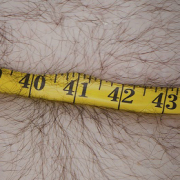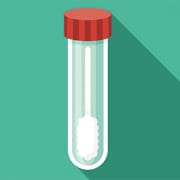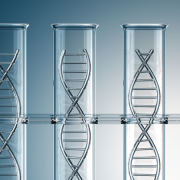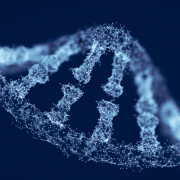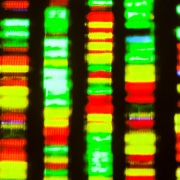Whole genome sequencing: Seven uses in health and research
In part two of our blog series, we look at the many UK initiatives that are taking advantage of the power and precision of whole genome sequencing
In our last blog post, we looked at how whole genome sequencing (WGS) can be used in healthcare to help diagnose newborns with rare genetic conditions or cancers. But it doesn’t stop there. WGS is being used more widely than ever in healthcare – both in practice and in research environments.
Below, we look at seven UK-based initiatives that are using WGS to improve outcomes for patients.
100,000 Genomes Project
The 100,000 Genomes Project ran from 2012 to 2018 and was led by Genomics England in partnership with the NHS. It also functioned as a pilot for the NHS Genomic Medicine Centres, which later became part of the NHS Genomic Medicine Service.
The project focused on treatment and research, aiming to aid diagnosis and guide treatment decisions, but also to create a data resource of 100,000 genomes. 85,000 patients with cancer and rare diseases participated in the project, along with patients’ relatives for trio sequencing in some cases.
Genes and Health
Genes and Health is a huge long-term study of 100,000 people from Pakistani and Bangladeshi communities in East London, Bradford and Manchester. It grew from other initiatives including ‘Born in Bradford’. The study is non-profit, with support from the Medical Research Council, the Sanger Institute, universities and the NHS.
Genes and Health has a research and prevention focus, specifically around health inequalities associated with deprivation, such as diabetes and cardiovascular disease.
GenOMICC COVID-19 Study
This study aimed to further treatment and research into COVID-19. The aim was to understand the impact of human genomic variation on severity of illness caused by SARS-CoV-2. 20,000 patients who were severely ill, and 15,000 who had only mild illness, participated in this study. Many of the genomes collected from this research are now held in the same resource as those from the 100,000 Genomes project.
The study was run by GenOMICC consortium (led by the University of Edinburgh) in partnership with Genomics England. While this project is complete, the work of the GenOMICC consortium continues, studying how human genomic variation affects outcomes in other infectious diseases that can cause critical illness.
Genomic Medicine Service
The NHS Genomic Medicine Service uses whole genome sequencing (WGS) as part of a wide range of genomic tests which are detailed in the National Genomic Test Directory. WGS is recommended for children with cancer, and seriously ill children who have a suspected genetic condition. It is also used for some adult cancers.
The service’s ongoing aims are to use WGS to aid diagnosis or to guide treatment decisions. Patients with cancer or suspected rare or hereditary diseases, and their relatives, may undergo sequencing.
Newborn Genomes Programme
This will evaluate whether WGS should be rolled out as part of newborn screening across the UK, and whether having whole genome data on file is a useful medical resource throughout childhood. A pilot scheme, led by Genomics England in partnership with the NHS, will begin in 2023 with a focus on screening ostensibly healthy newborns to detect actionable genetic conditions in childhood.
Our Future Health
Data from this ongoing project will contribute towards the government target to sequence 500,000 genomes by 2024. The project will also give health-related information, including polygenic risk scores, to participants.
Our Future Health focuses on research and prevention, specifically around common diseases that tend to affect quality of life in later years, such as cancer, Alzheimer’s, heart disease, arthritis, diabetes and stroke. The project is run by Our Future Health, in partnership with the NHS, and funded by UK Research and Innovation as well as industry partners. The programme aims to eventually enrol 5 million ostensibly healthy adults.
UK Biobank
Started in 2006, UK Biobank predates the widespread use of WGS, and originally collected medical and biological data on participants. It has recently added a WGS component and is planning to complete sequencing for the whole cohort of 500,000 adult volunteers. Work is ongoing, but the initiative is no longer recruiting participants.
UK Biobank was set up to provide data to researchers aiming to improve public health, and is an independent company, and registered charity.



